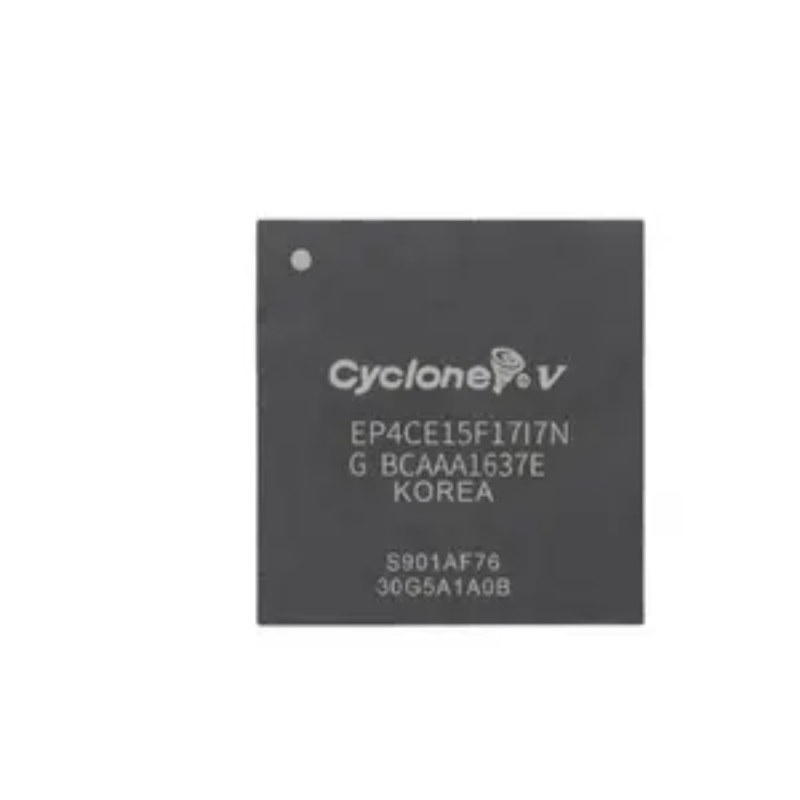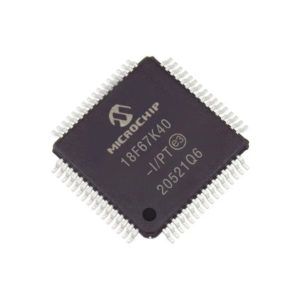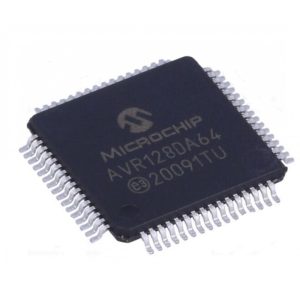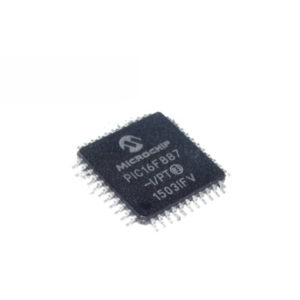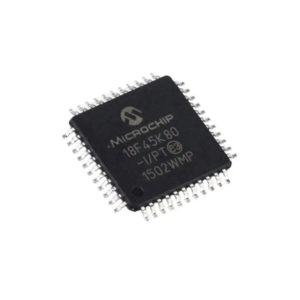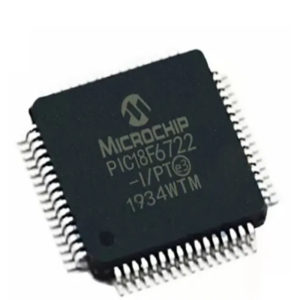EP4CE15F17I7N
| Manufacturer | Altera |
| Description | IC FPGA 165 I/O 256FBGA |
| Category | Integrated Circuit |
| Package | BGA-256 |
| Status | New & original |
| Ship From | HK/SHENZHEN |
| Stocks | 10,000 |
Please submit your BOM List or Input the part online
Description
EP4CE15F17I7N is an FPGA (Field-Programmable Gate Array) model manufactured by Intel (formerly Altera). It belongs to the Cyclone IV E family of FPGAs and offers a range of features and capabilities.
The EP4CE15F17I7N FPGA has 15,408 logic elements and 414,720 bits of embedded memory. It also includes various built-in features such as PLLs (Phase-Locked Loops) for clock management and I/O pins for interfacing with external components.
FPGAs like the EP4CE15F17I7N are programmable integrated circuits that can be configured to perform specific functions and tasks. They find application in various industries and fields, including:
1. Communications: FPGAs are commonly used in communication systems for tasks such as data encoding/decoding, signal processing, and protocol conversion. They offer high-speed data processing capabilities and flexibility required in telecommunications equipment.
2. Industrial Automation: FPGAs are utilized in industrial automation for functions such as control systems, monitoring and diagnostics, and machine vision. They provide real-time processing and the ability to interface with various sensors and actuators.
3. Embedded Systems: FPGAs are used in embedded systems for applications like digital signal processing, image and video processing, and sensor fusion. They offer the advantage of reprogrammability and can be tailored to meet specific requirements.
4. Test and Measurement: FPGAs find application in test and measurement equipment for tasks such as waveform generation, data acquisition, and signal analysis. They provide high-speed processing and precise control needed in testing environments.
5. Aerospace and Defense: FPGAs are employed in aerospace and defense systems for functions like radar signal processing, avionics, and secure communications. They offer the ability to implement complex algorithms and adapt to changing requirements.
6. Research and Education: FPGAs are widely used in research and educational institutions for teaching digital design, implementing prototypes, and conducting experiments. They provide a hands-on platform for learning and exploring digital systems.



















































